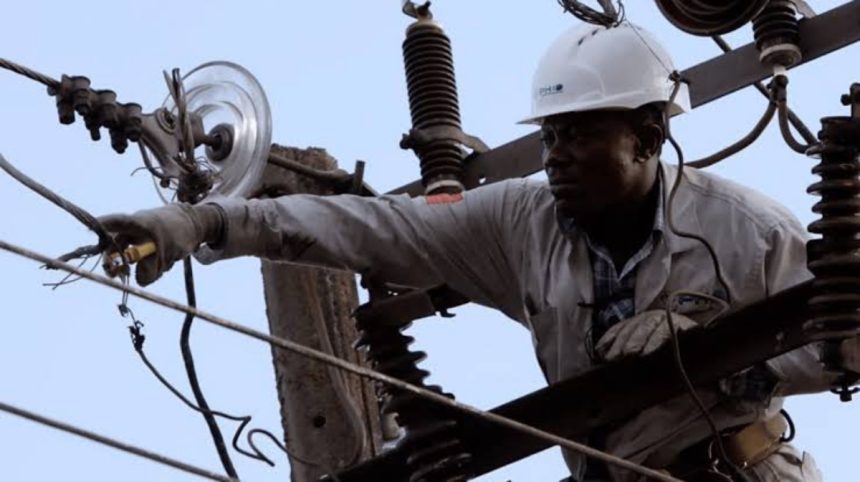The Federal Government announced yesterday that it is halting the issuance of electricity regulatory autonomy to state governments as it begins a review of the policy.
Power Minister Adebayo Adelabu stated that state governments and other stakeholders currently lack a clear understanding of what is needed to operate an electricity market.
In line with the amended Constitution of the Federal Republic of Nigeria (CFRN) and the Electricity Act 2023, the Federal Government had previously issued an order transferring regulatory oversight of the electricity market in Ondo, Ekiti, and Enugu states from the Nigerian Electricity Regulatory Commission (NERC) to state electricity regulatory bureaux.
However, Adelabu emphasized the necessity of reevaluating this policy to ensure states and other regulators fully grasp the requirements of operating an electricity market.
Speaking at the 8th Africa Energy Market Place (AEMP) conference in Abuja, Adelabu underscored the importance of careful planning for the survival and sustainability of the nation’s power sector.
“We must tread carefully. We should not be in a hurry. The market is not mature enough,” he said.
Adelabu pointed out that the country must initially pilot the transfer of regulatory oversight in a few selected states across different geopolitical zones, taking into account the unique conditions of each zone.
He explained: “When we have each of these zones represented in the pilot and we allow it to run for three to six months or up to a year, all the possible issues would have been reflected so that we are going to have a learning curve, and all those issues will be addressed before granting further regulatory autonomy.”
Adelabu highlighted that comprehensive understanding of regulatory autonomy is essential, noting that it involves regulation across the entire value chain: generation, transmission, and distribution within a state’s territory, including tariff setting.
Using Lagos State as an example, he said: “The moment you take over the regulatory activities of Lagos State, when we talk about tariff, about subsidy, it will be on your neck as a state. I do not know the balance sheet you want to leverage to guarantee the necessary settlements on a monthly basis.”
Adelabu stressed that stakeholders often underestimate the capacity needed to establish regulatory authorities in 36 states, plus the FCT.
Each state must develop a framework to prevent energy theft and vandalism and secure sufficient capital for continuous investment and maintenance of infrastructure.
Geometric Power chairman Bart Nnaji added that while the Electricity Act has brought regulation closer to the people, numerous challenges could emerge during implementation.
He noted that many state governments might struggle to build the necessary capacity to carry out the required regulatory functions and highlighted issues such as limits and the sensitivity of state governments to local operators.





